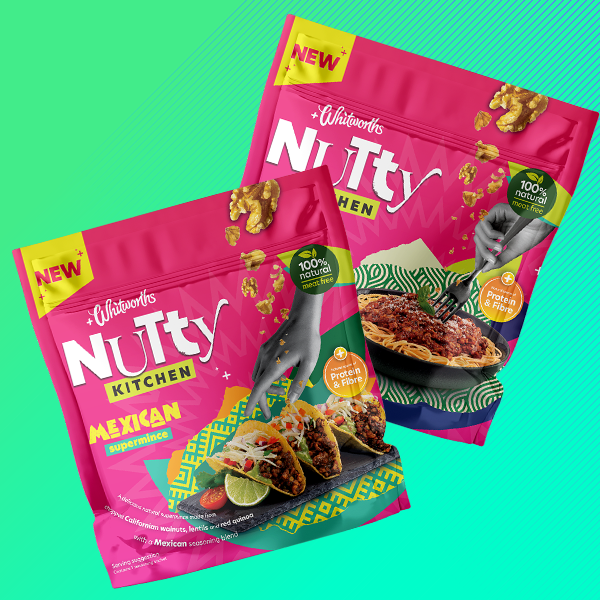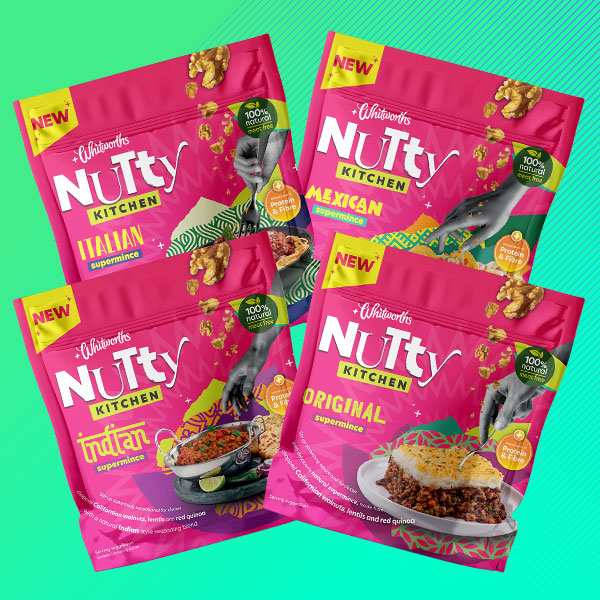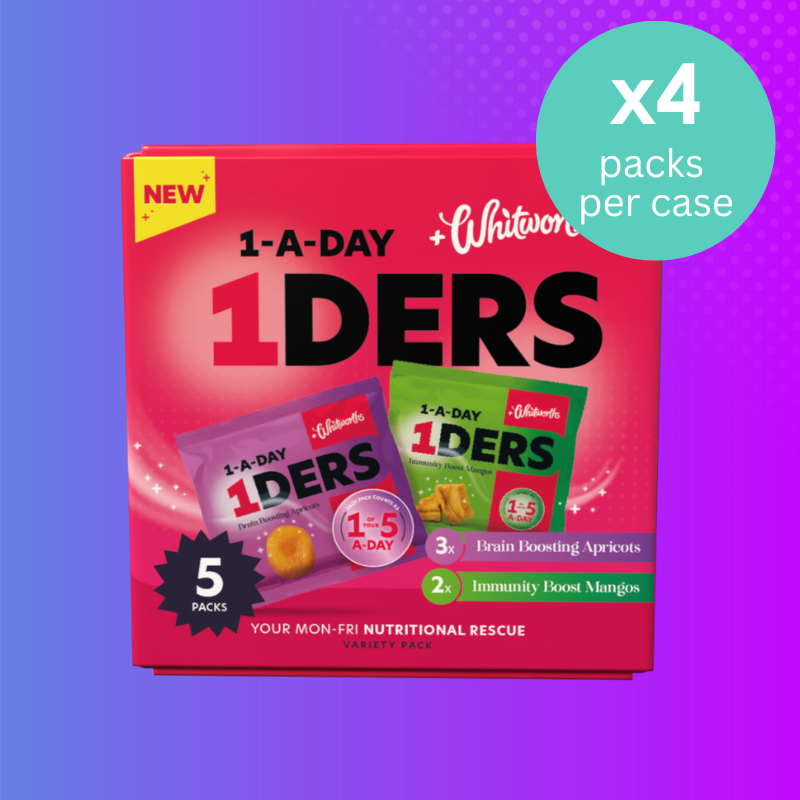Think Sharp
When it comes to boosting brain health, what you put on your plate matters just as much as how often you exercise your mind. Out nervous system – the complex network that powers everything from memory and mood to movement and reflexes – relies on a steady supply of key micronutrients to function at its best. And some of the most powerful sources of those nutrients come in small, often underestimated packages: dried fruit, nuts and seeds!
Packed with brain-loving fats, essential vitamins, and antioxidants, these superfoods do more than just curb hunger. Their nutritional contents can help protect nerve cells, support neurotransmitter production, improve blood flow to the brain, and may even reduce the risk of cognitive decline as we age. Lets explore how these snacking staples can help nourish your mind as well as your body – and how easy it is to weave them into your everyday diet.
Vitamin B12
Vitamin B12 is crucial for normal nerve functioning. it is involved in the synthesis of important messenger substances such as neurotransmitters and hormones that control our brain function and thus our perception, mood and state of mind.1 Vitamin B12 is also involved in the regeneration and formation of nerve fibre sheaths which protect nerves from a loss of charge and ensure the correct and effective transmission of nerve flows.1 They are also involved in the synthesis of neurotransmitters which are the chemical messengers that enable communications between neurons. Vitamin B12 also aids in the production of red blood cells, which in turn ensures the brain and spinal cord receive enough oxygen, which is critical for optimal nervous system function.
Whilst Vitamin B12 is primarily found in animal products, nuts like almonds and pistachios are also sources as well as dried fruits like raisins and figs.
Magnesium
Magnesium plays a crucial role in maintaining a responsive and well-functioning nervous system. It helps to regulate the flow of calcium in and out of nerve cells, which is essential for proper nerve impulse transmission. In addition to this, magnesium has been shown to control the activity of the hypothalamic-pituitary adrenocortical (HPA) axis which is considered to be the main stress-response system. Low levels of magnesium have been linked to increased anxiety, irritability, and even depression.2 Furthermore, it has anti-inflammatory effects in the brain and may help reduce risk of neurodegenerative diseases by preventing the overactivation of brain cells that can lead to damage.
Foods high in magnesium include: pumpkin, chia and sunflower seeds, prunes, dates figs, and cashews.
Copper
Copper might not get the spotlight like magnesium, but it’s vital for maintaining a well-functioning nervous system. Copper is required for the production and maintenance of myelin, the fatty sheath that wraps around nerves to protect them and speed up signal transmission. Without enough copper, nerve impulses slow down, and communication between the brain and body becomes less efficient. It is also essential for the activity of enzymes that help produce dopamine, norepinephrine, and other neurotransmitters that influence mood, focus and energy levels.
The best plant-based sources of copper include: cashews, hazelnuts, almonds, dried apricots, dried figs and sunflower seeds.
Best dried fruits, nuts and seeds to help you ‘Think Sharp’:


References:
- Wormag Pharma, Vitamin B12 – an important protection for strong nerves, https://www.woerwagpharma.de/en/news-detail-page/vitamin-b12-ein-wichtiger-schutz-fuer-gute-nerven [Accessed 24.04.25]
- National library of Medicine, National Center for Biotechnology Information, Magnesium deficiency induces anxiety and HPA axis dysregulation: Modulation by therapeutic drug treatment, SB Sartori, N Whittle, A Hetzenauer, N Singewald, Jan 2012, https://pmc.ncbi.nlm.nih.gov/articles/PMC3198864/#:~:text=In%20addition%2C%20Mg2%2B%20has,et%20al.%2C%202008) [Accessed: 24.04.25]











 Back to knowledge library
Back to knowledge library